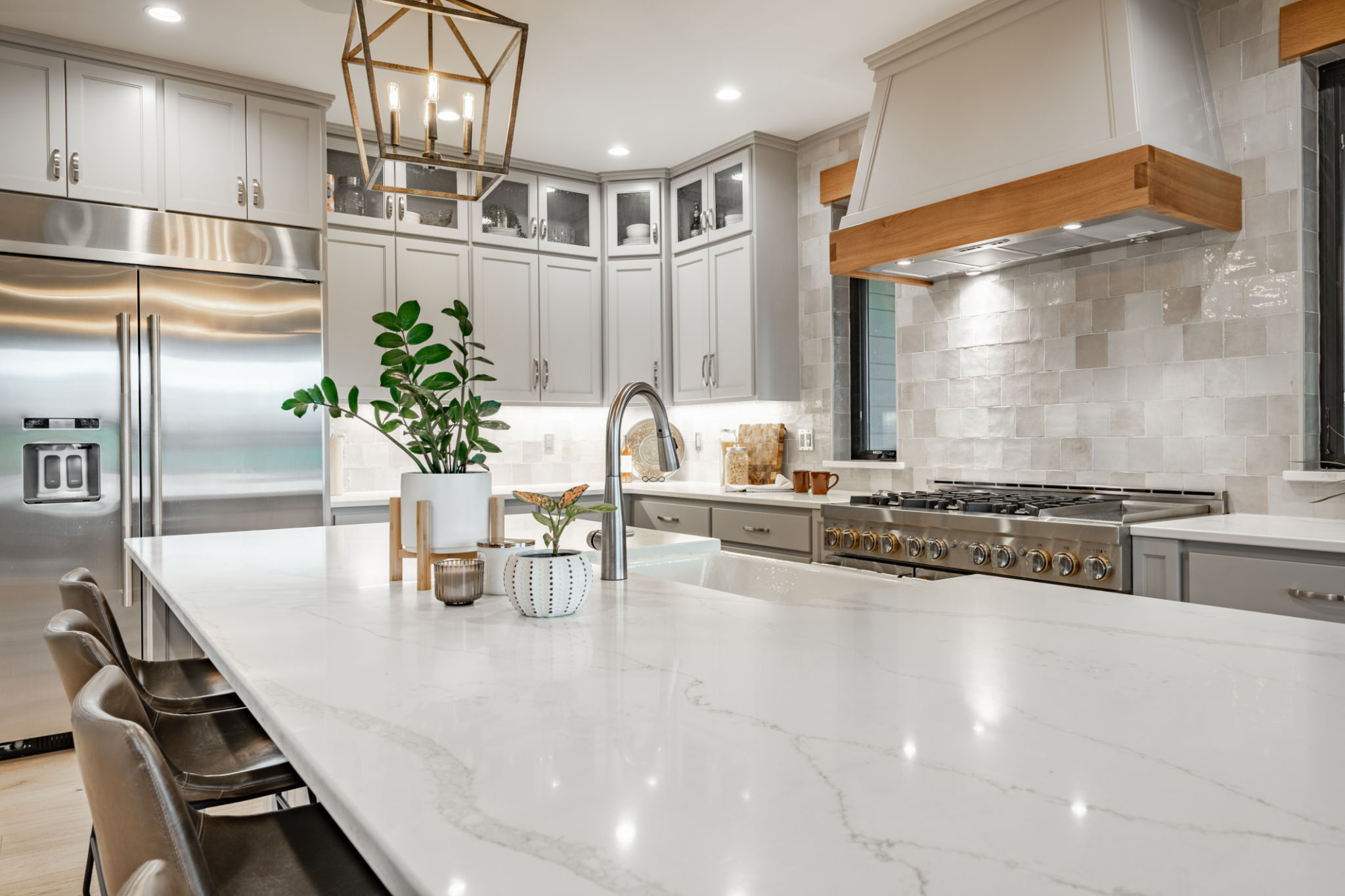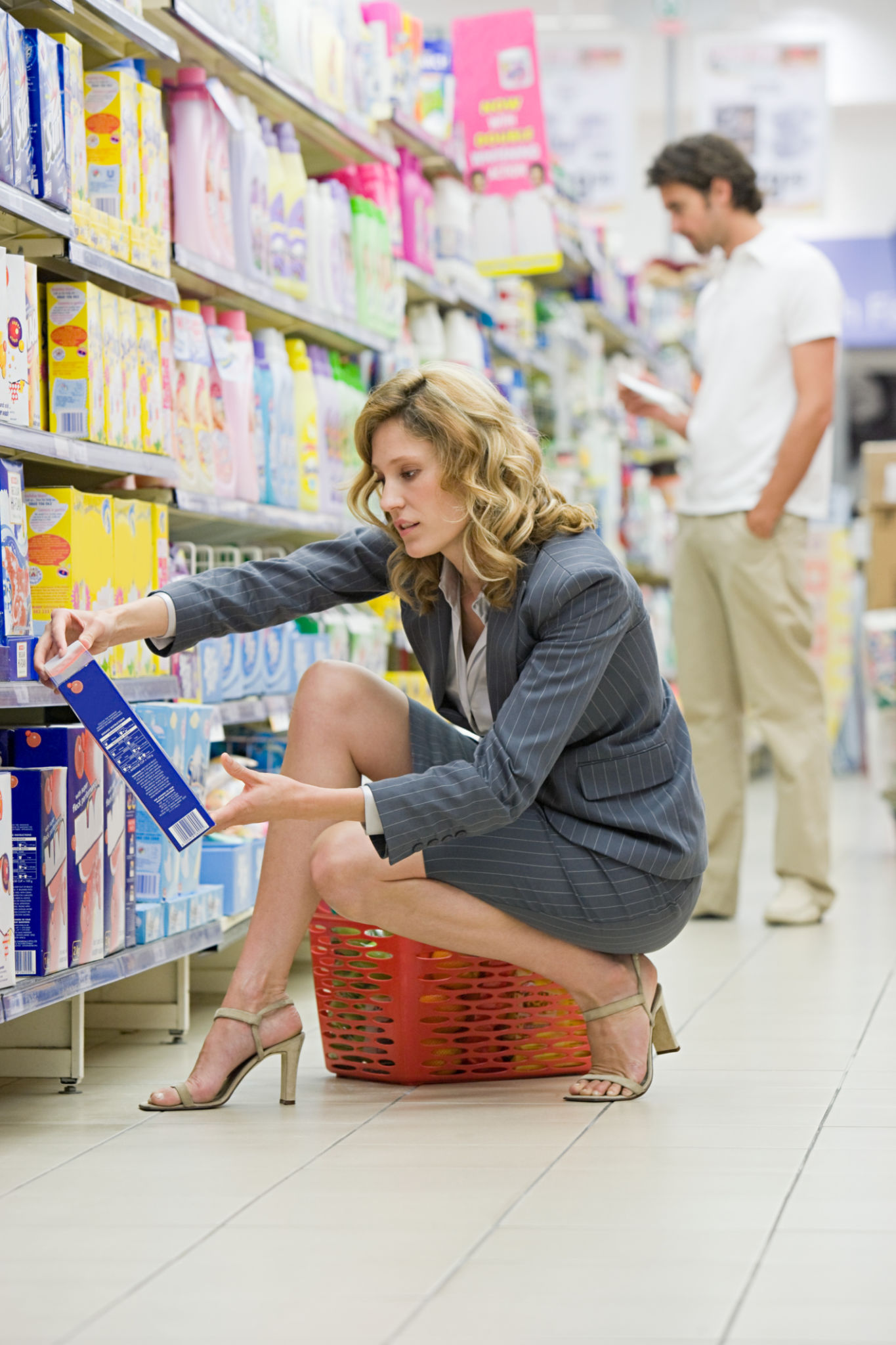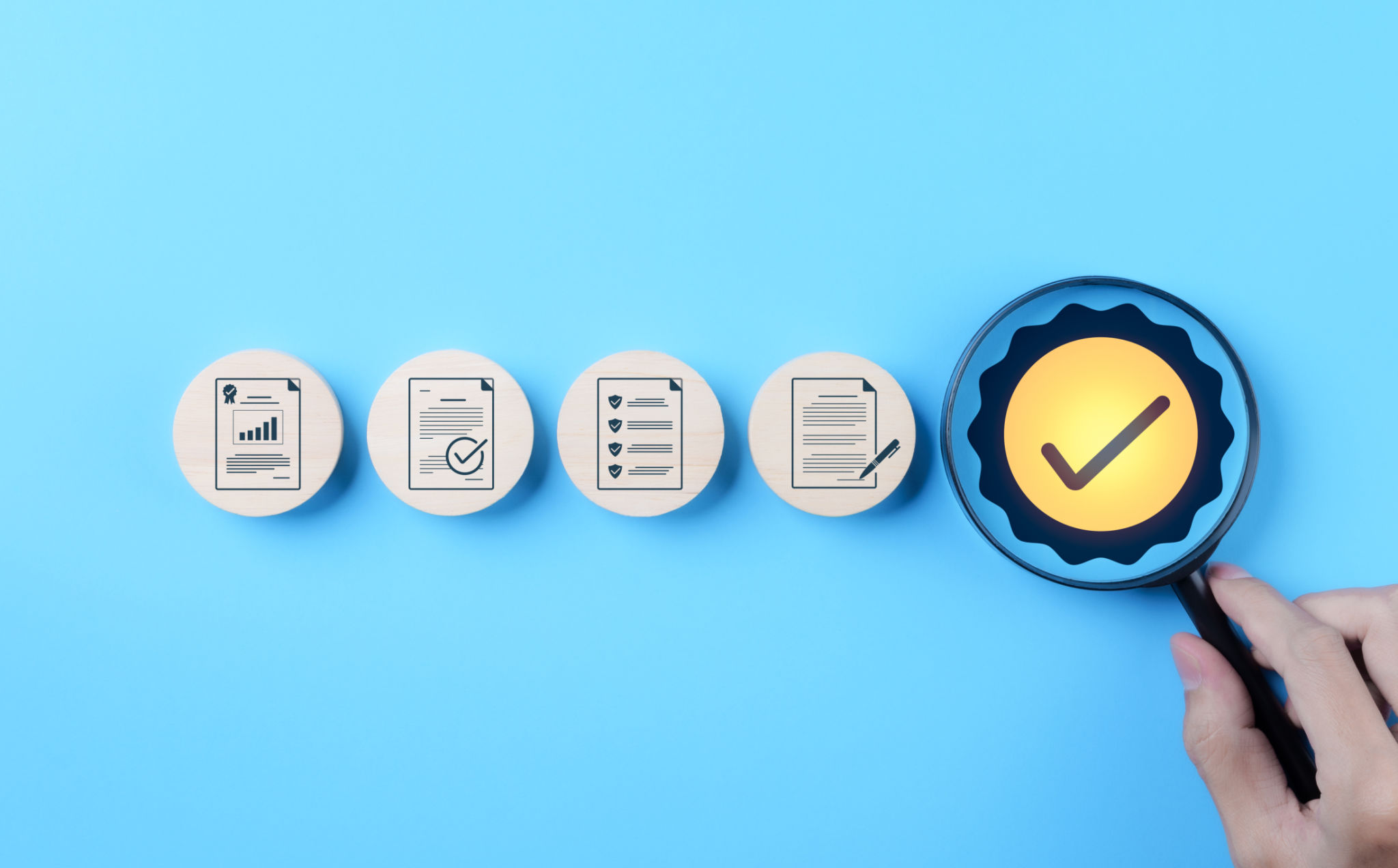How to Prepare for a Sanitation Audit in Your Amsterdam Restaurant
Understanding the Importance of Sanitation Audits
Running a restaurant in Amsterdam involves adhering to strict sanitation standards to ensure the safety and satisfaction of your customers. Regular sanitation audits are necessary to maintain these standards and avoid any potential health violations. Understanding what these audits entail can help you prepare effectively and ensure that your restaurant is always operating at its best.
A sanitation audit is a comprehensive review of your restaurant's cleanliness and hygiene practices. It covers areas such as food storage, preparation surfaces, waste management, and employee hygiene. These audits are crucial in identifying potential risks and ensuring compliance with local health regulations.

Preparing Your Staff for the Audit
Your staff plays a crucial role in maintaining the cleanliness of your restaurant. It's essential to provide them with proper training on sanitation practices and the importance of adhering to these standards. Conduct regular team meetings to discuss hygiene protocols and encourage open communication about any potential issues.
Consider creating a checklist of daily cleaning tasks that can be distributed among your staff. This will help ensure that all areas of the restaurant are consistently clean and ready for inspection. Additionally, remind your employees of the importance of personal hygiene, such as regular hand washing and wearing clean uniforms.
Conducting a Self-Assessment
Before the official audit, conduct a self-assessment to identify any areas that may need improvement. This proactive approach allows you to address issues before they become problems during the actual audit. Use a detailed checklist that mirrors what an auditor would examine, covering everything from kitchen equipment cleanliness to restroom sanitation.

Ensuring Proper Food Storage and Handling
One of the most critical aspects of a sanitation audit is food storage and handling. Ensure that all food items are stored at the correct temperatures and that storage areas are clean and organized. Label food containers with dates to keep track of freshness and avoid cross-contamination by storing raw and cooked foods separately.
Train your staff on proper food handling techniques, such as using separate cutting boards for different food types and regularly sanitizing kitchen tools. These practices not only help pass audits but also protect your patrons from potential foodborne illnesses.
Maintaining Cleanliness of Equipment and Facilities
Your restaurant's equipment and facilities should be spotless at all times. Regularly inspect and clean kitchen appliances, ventilation systems, and storage units. Implement a routine schedule for deep cleaning tasks, such as degreasing ovens and sanitizing refrigerators.

Documenting Your Efforts
Maintaining thorough documentation of your sanitation efforts can be beneficial during an audit. Keep records of cleaning schedules, staff training sessions, and equipment maintenance logs. This documentation shows auditors that you take sanitation seriously and have implemented effective procedures to ensure compliance.
Consider using digital tools to track your records efficiently. There are various apps available that can help streamline this process, making it easier for you to access and update information as needed.
Staying Updated on Regulations
Health regulations can change frequently, so it's crucial to stay informed about any updates or new requirements. Subscribe to local health department newsletters or join industry associations that provide regular updates on sanitation standards in Amsterdam.
By staying informed, you can proactively adjust your practices to meet new regulations and ensure that your restaurant remains compliant at all times.
